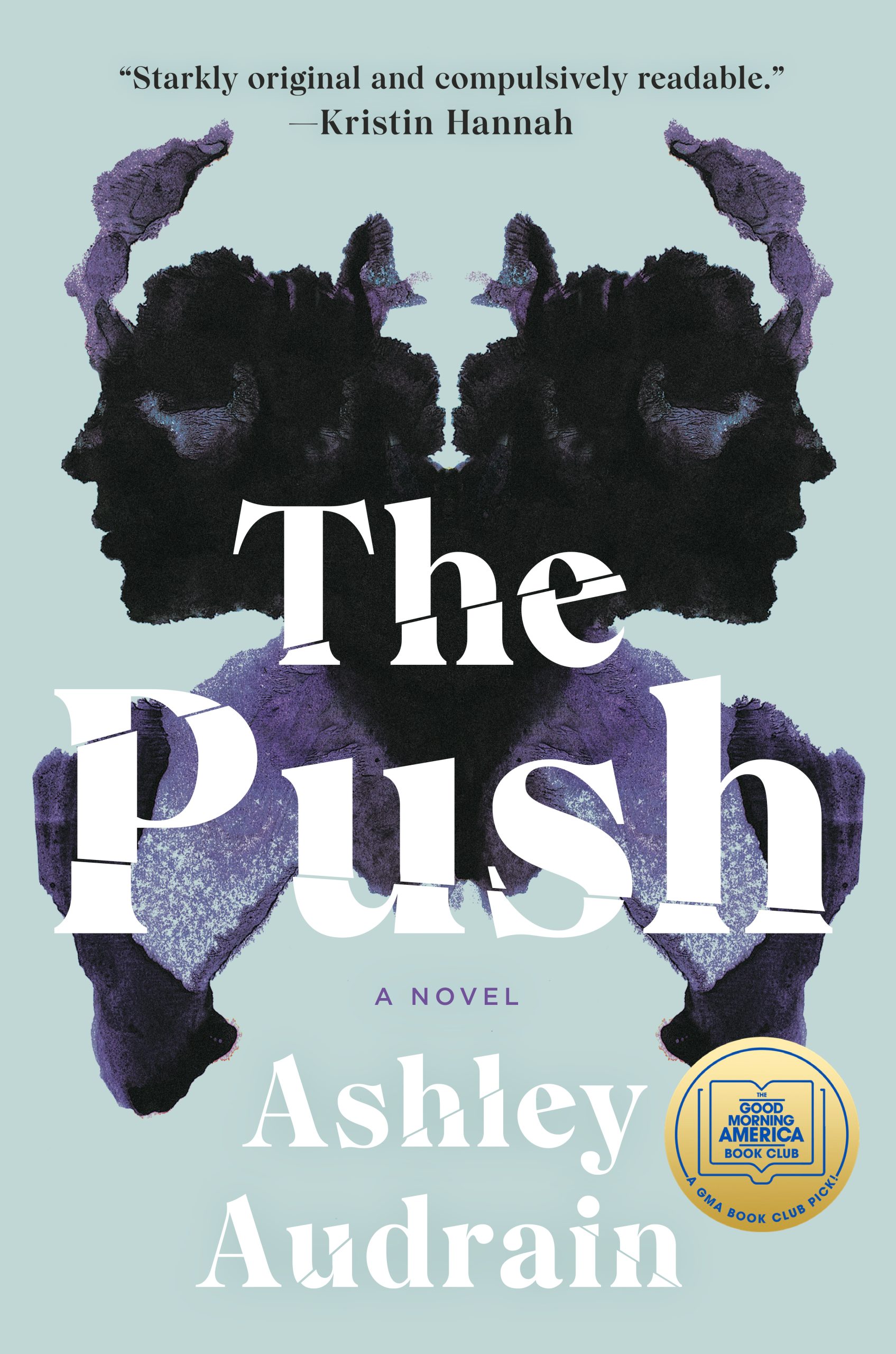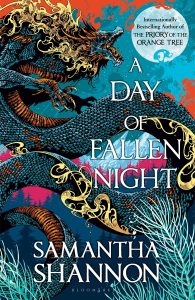
Ashley Audrain’s debut is the kind of novel you start for the thrills and finish with your heart in your throat. The Push is a psychological drama that interrogates the myths of motherhood, the ache of being dismissed, and the uneasy line between instinct and paranoia. It is tense, intimate, and ultimately devastating.
The premise
Blythe Connor is determined to be the nurturing mother she never had. Her first child, Violet, will be her second chance at a healthy family. From the earliest days, though, something feels off. Violet will not be soothed, she does not respond like other babies, and Blythe senses a coldness that she cannot name out loud without sounding unhinged. Her husband, Fox, reassures and minimizes, yet his comfort curdles into condescension. When a second child, Sam, is born, Blythe finally experiences the uncomplicated bond she once imagined. Then the unthinkable happens, and the fallout forces Blythe to confront the truth she has been circling.
Voice, structure, and why it works
Audrain tells Blythe’s story in short, urgent chapters that read like a private confession. The voice is direct and intimate, as if Blythe were sitting across from you saying, I need you to see what I saw. That closeness is the engine of the book’s unease. We are locked inside Blythe’s perceptions, which raises the central question with every page: is she a clear-eyed observer whom no one believes, or a woman flattened by trauma and sleep deprivation who has misread her child from the start
The structure braids three timelines. We watch Blythe’s present day unraveling, her earlier years with Fox, and the generational backstory of her mother and grandmother. Those inherited chapters are not digressions, they are the family blueprint that haunts every moment. Patterns repeat until someone breaks them, or fails to.
Themes that cut deep
- Motherhood without the soft focus. The Push strips away tidy platitudes and lets the early months feel as disorienting and isolating as they can be. The book understands how quickly reassurance can morph into gaslighting when a woman’s instincts clash with others’ expectations.
- Nature versus nurture. Is Violet born wrong, or does Blythe’s fear warp their bond from day one The novel refuses easy answers. It is interested in the discomfort of asking the question at all.
- Grief as a character. Midway through, Audrain delivers one of the most raw depictions of loss you will find in recent fiction. The scenes are almost physically painful, yet they feel earned, precise, and free of sentimentality.
- The inheritance of harm. Blythe’s lineage, particularly her relationship to a checked out mother and a grandmother with untreated mental illness, is more than backstory. It is the lens through which she reads Violet, and through which others read her.
Characters worth arguing about
- Blythe. She is both victim and unreliable witness, a woman who wants to be good and fears she is not. Her self doubt is corrosive, but her clarity arrives in flashes that feel terrifyingly plausible. You will want to shake her and protect her, often at the same time.
- Violet. Audrain is smart about leaving Violet’s interiority largely off the page. We get behavior, not labels. The space between what Blythe perceives and what the reader can prove is where the dread lives.
- Fox. He is not a cartoon villain, which makes him infuriating. Fox embodies the familiar figure who defaults to optimism, then retreats into blame once optimism fails. His minimization of Blythe’s concerns will be recognizable to many readers.
Comparisons, with caveats
Readers often mention Lionel Shriver’s We Need to Talk About Kevin, and the comparison fits in spirit. Both books ask how far a parent’s love can stretch in the face of fear about a child’s nature. Yet The Push is more intimate in scale and, if anything, more emotionally accessible. It trades polemic for lived texture, leaving a quieter but sharper bruise.
Craft notes
- Pacing. The chapters clip along, which makes the book dangerously bingeable. Audrain knows when to pause for a memory and when to snap back to the present.
- Prose. Clean, unsentimental, often knife bright. The restraint makes the harrowing moments hit harder.
- Point of view. First person addressed to a you keeps the temperature high. It is a risky device that pays off because it mirrors Blythe’s need to be believed.
Content considerations
The Push contains sustained depictions of postpartum distress, child endangerment, and profound grief. If any of those are active triggers for you, proceed with care or set this one aside for a steadier season.
What different readers are saying
- Some readers experienced the novel as a white knuckle thriller with set pieces that rival the tension of films like A Quiet Place. They praised its visceral intensity and the way it thrusts you into the body and mind of new motherhood under siege.
- Others highlight its layered character study and the way it captures what it feels like to be minimized again and again. For them, the mystery matters less than the ache of not being believed.
- A few found the experience too upsetting, even while acknowledging the craft. That is a fair response. The Push is not a universal comfort read, and it does not try to be.
Verdict
The Push is a gut punch wrapped in elegant prose. It is a thriller, yes, but its aftershocks come from the honesty with which it shows ambivalence, exhaustion, and love under impossible strain. You can read it in a sitting. You will think about it for weeks. If you appreciate psychological fiction that is both gripping and emotionally exact, this belongs at the top of your list.
Ready to read The Push
Buy it on Amazon: https://amzn.to/3VSLeO4


